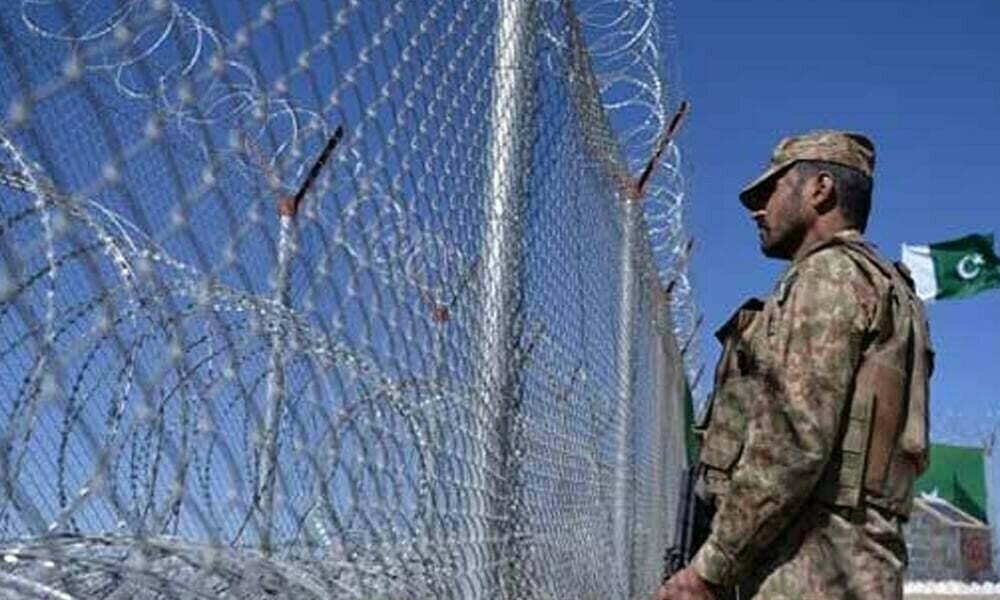Once upon a time two schoolchildren bitterly fought for a water bottle in the playground, only to be separated by concerned grown-ups. These children, now grown nuclear-armed nations, must act wisely—or risk dragging the world into World War III.
The grown-ups—countries such as the United States, Russia, EU, and multilateral institutions—fatigued by their own problems, have become distracted and disinterested. This has fast dissolved all international constraints on escalation.
The Pahalgam attack plunged India and Pakistan into a dangerous escalatory cycle. Diplomatic expulsions, treaty suspensions, and cross-border clashes have gradually escalated into direct confrontation. Within two weeks of the Pahalgam attack, India launched “Operation Sindoor,” striking several locations in Pakistan and Azad Jammu and Kashmir, targeting alleged terrorist infrastructure, explicitly avoiding Pakistani military sites. Islamabad reported civilian casualties, and said two mosques were among the sites hit.
Muzaffarabad plunged into blackout, and local witnesses described jets overhead and intense artillery fire along the Line of Control.
Pakistan says it shot down five Indian fighter jets, including three Rafales and a MiG-29, and launched retaliatory strikes against Indian security outposts. India has not confirmed its sites were hit and has called its actions “measured,” but the damage has already been done.
The Kremlin, expressing “great concern,” urged both countries to take steps to reduce tensions, reaffirming its valued relationships with both Delhi and Islamabad. China has called India’s strikes “regrettable,” while the UN Security Council has been formally briefed by Pakistan’s Permanent Representative about the “blatant aggression.”
What the world sees is only the surface of a rapidly disintegrating order. This event provides the clearest evidence yet that the post-war international system—designed to contain such flashpoints—no longer functions. There was a time when the United States, aided by institutions like the World Bank and UN, played the role of referee. The 1960 Indus Waters Treaty, for instance, was brokered under the watchful eye of a confident global community emerging after the Second World War. That world is gone. Wars in Ukraine and Gaza dominate American focus. Multilateralism is in retreat. Financial institutions, strained by debt crises and geopolitical rivalries, show little appetite for deep intervention. Even the World Bank, once a champion of cross-border cooperation, remains absent as India violates the Indus Waters Treaty with impunity.
America today is exhausted, inward-looking, and increasingly isolationist. President Trump’s earlier disdain for global institutions—coupled with his undermining of multilateral diplomacy—created a permissive environment for unilateralism. Ironically, Trump has now condemned India’s aggression. But the institutions his administration weakened are no longer capable of restraining it.
An example of this is how Pakistan convened the UN Security Council to highlight India’s suspension of the Indus Waters Treaty—an act Prime Minister Shehbaz Sharif described as the “weaponization of water”, but the UN has only emerged as a silent observer, failing to contain India by coming up with concrete remedial measures. The moral hazard is evident: in a world without mediators, deterrence becomes guesswork, and retaliation becomes probability.
India simultaneously continues a parallel war on Pakistan’s economy and ecology. By slashing river flows through the Chenab, filling upstream reservoirs, and expediting hydroelectric projects without notification, New Delhi continues to violate the spirit and letter of the Indus Waters Treaty with impunity. Pakistan’s irrigation canals now run dry. Early Kharif crops are endangered. Hydrological sabotage and airstrikes together reflect a strategy designed not for deterrence, but degradation.
As the tension mounts, Pakistan must navigate this crisis amid an unforgiving external environment. Climate vulnerability has risen to existential levels; IMF-mandated austerity constrains fiscal space; and real inflation, particularly in energy, healthcare, and food, gnaws away at household resilience. According to the World Bank, over 42 percent of Pakistan’s population now lives below the poverty line — a figure expected to rise further as food insecurity deepens. Pakistan’s agricultural sector, already strained by erratic monsoons and flash droughts — with severe drought conditions forecasted across Sindh, Balochistan, and southern Punjab—cannot absorb further shocks.
There is little time left to course-correct. Multilateralism is fragmented, and with America distracted, the burden of strategic sobriety falls entirely on regional actors. Pakistan must remain clear-eyed: respond proportionally, uphold international law, and document every treaty violation and civilian casualty. Retaliation must be precise; escalation must not be automatic.
The cost of miscalculation is total. Nuclear-armed rivals do not get “do-overs.” Even a limited conflict could spiral rapidly, devastating both countries. Economic collapse, mass displacement, and environmental catastrophe would follow. The vulnerable populations of South Asia would bear the heaviest burden. With a major civilian site in South Punjab struck, and war now active, the scenario anticipated in the recently declassified 1999 National Intelligence Estimate after Kargil — placing nuclear escalation chances at “fifty-fifty” — is now even more dire. Deterrence, once a stabilizing force, has cracked under the weight of unchecked brinkmanship.
In a world where traditional referees are fading or speaking only in whispers, it falls on these former schoolchildren—now custodians of immense destructive power — to exercise restraint. Pakistan must become its own grown-up: safeguarding its borders and the livelihoods, dignity, and futures of its people.
In this fragmented world, only measured restraint can avoid a tragic catastrophe. History will judge not who shouted loudest, but who protected their people best.
Copyright Business Recorder, 2025
The writer is an economist and educationist based in Lahore
























Comments